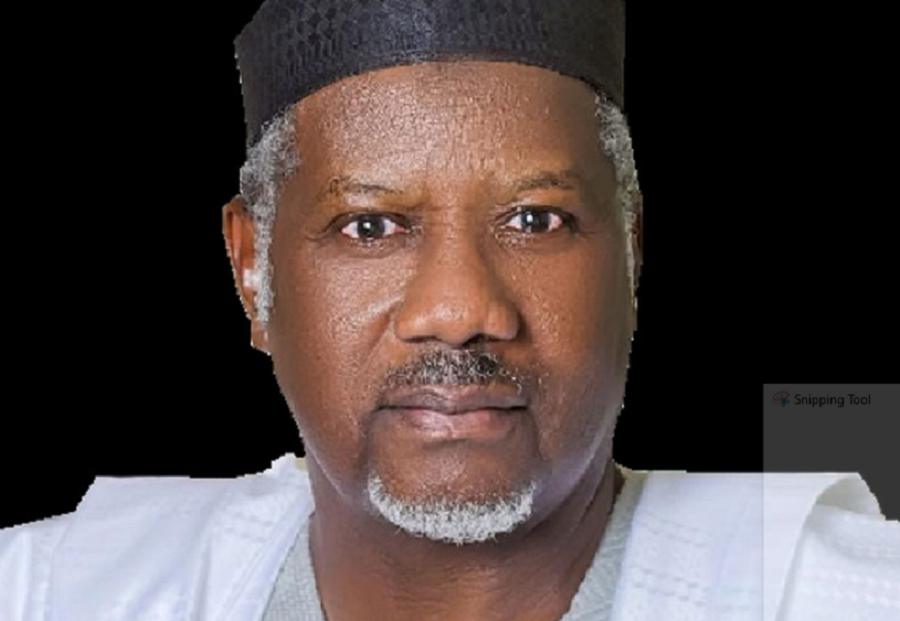The Manufacturers Association of Nigeria (MAN) stated that the CBN FX policy increased the operational responsibilities of commercials banks.
The Manufacturers CEOs Confidence Index second quarter study stated that the federal government should recognize the numerous problems confronting the sector and solve them in order to maintain the progress gained in the past two quarters of 2021, according to The Sun.
It, therefore, recommended that the government should address the following challenges:
- Poor access to forex
- High cost of power
- Multiple taxations
- Port challenges
- Over-regulation
- Poor access to funding, scarcity of raw materials, and low patronage.
Concerned about the lack of raw materials, MAN asked the government to choose strategic items for backward integration and to continue driving the resource-based industrialisation agenda by encouraging investment in the development of machinery, iron and steel, and petrochemical industries.
What MAN is saying
The association urged the government to restore the VAT rate to its pre-2020 Finance Act level in order to boost Nigerian workers’ disposable income, encourage consumption, boost demand, and boost production output.
“The new CBN policy that stopped allocation of forex to the Bureau De Change (BDC) segment of the foreign exchange market for operational incongruities further increased the responsibilities of commercial banks in handling forex sales and applications in the economy. It is, therefore, important to encourage the banks to build more capacities through designated desks for handling the streaming applications and Form M to ensure seamless and timely processing of forex applications by manufacturers.
“Granting concessional forex allocation at the official forex market to manufacturers for importation of productive inputs that are not locally available, unify the various forex windows in the country and allocate all available forex productively.”
The association noted that on the high cost of electricity/power, the eligible customer initiative is a novelty among the recent electricity regulations in the country.
“MAN believes that the regulation is capable of addressing to a large extent the current electricity challenge of the manufacturing sector. Unfortunately, the distribution companies and their cohorts are doing everything within their powers to frustrate the initiatives.
“This may have in one way or the other been responsible for the recent call for the cancellation of the project.
“Therefore, we encourage the government to continue with the plan and create a platform where all stakeholders within NESI will deliberate on the implementation of the regulation and resolve all pending issues that have affected the seamless running of the eligible customer initiative.”
It urged the government to “publish the list of approved harmonised taxes and levies for the manufacturing sector by the Joint Tax Board (JTB), commence implementation of the harmonised taxes and levies project which should be monitored and enforced strictly by the JTB.”
MAN spoke on the over-regulation, saying, “there has been unbridled double regulation of Chemical materials by the Standards Organization of Nigeria, SON, and the National Agency for Food and Drug Administration and Control. ”











